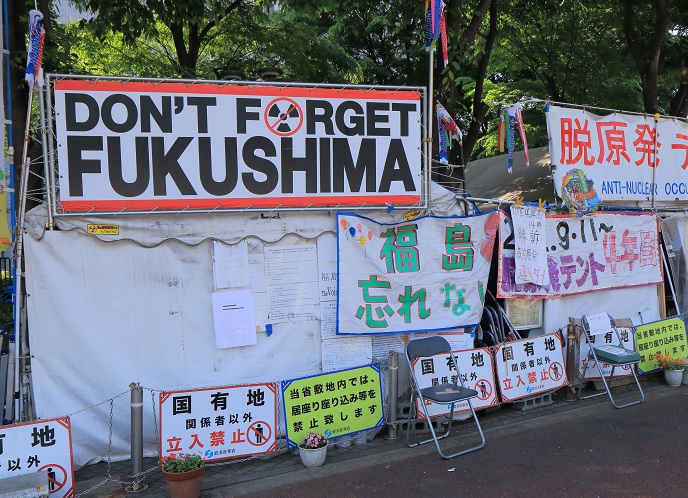How the history of nuclear energy could define its future
Civil society has always had an ambivalent relationship with nuclear power: mastering the atom may have been one of the greatest scientific breakthroughs in history, but it’s also the one we seem to be the least at peace with. But how did this all start? What were the events triggering changes in opinions, and how can this history help us shape the current debate on future energy sources? The EU-funded HoNESt (History of Nuclear Energy and Society) project is one of the most important scientific attempts at answering these questions while also highlighting how context-dependent they are. The consortium: used an interdisciplinary approach to look into the history of nuclear energy and its interactions with civil societies in 20 European countries since 1945; applied social science tools to analyse perceptions and engagement practice; and undertook stakeholder engagement research to understand the set of principles guiding fruitful interaction with society. By sharing its findings with industry, associations, policymakers and representatives of civil society, the consortium aimed to help improve future energy policy decisions. Nuclear energy: Essentially a political issue “Perhaps one of the most revealing aspects of our research is the enormous difficulty that most stakeholders have in considering the complexity of the nuclear energy issue,” says project coordinator Prof. Albert Presas from Pompeu Fabra University. “This translates into a radicalisation of discourse and positioning, with some actors within the nuclear sector finding it difficult to accept the role of society in nuclear development. However, nuclear energy is essentially a political issue rather than a strictly technical or economic one.” In other words, public perceptions matter, and these have been shifting both nationally and at European level based on environmental, social, political and historical events. By dismissing these perceptions as being mostly emotional, the sector has been making a big mistake. Let’s take a concrete example: the anti-Americanism that grew with the Vietnam War, with youth protests and anti-capitalism movements. It played an important role in intensifying concerns over nuclear power which were far from purely emotional: “The emotional argument doesn’t withstand the facts. Anti-nuclear activists progressively gathered ample expertise – ironically often from US scientists critical of nuclear energy – and this technical and scientific knowledge ended up spreading across borders,” Prof. Presas explains. Where differences between perceptions from one European country to another emerged, these were essentially due to the unique history of each country, as well as the level of trust in government and public institutions. A nuclear contribution to the energy mix conversation With the project now completed, Prof. Presas hopes stakeholders, including Euratom and entities responsible for energy transition at national and European level, will take note. “In our democratic societies, the energy transition will fail if all affected groups are not considered equally,” he says. “The methodology and results of HoNESt can help these stakeholders identify successful modes of dialogue and postulate the foundation of a new communicative relationship between nuclear energy, new energy sources and society.” Meanwhile, the HoNESt consortium will keep promoting the transdisciplinary consideration of energy issues, but also focus on other sectors where such consideration may be relevant. Prof. Presas also plans to analyse how historical experience related to nuclear energy and society is considered in designing the transition to new energetic paradigms. “I imagine we will have some surprises,” he coyly concludes.
Keywords
HoNESt, history, nuclear energy, nuclear power, opinions, debate, future energy, civil society, perceptions, radicalisation, emotional, Euratom



